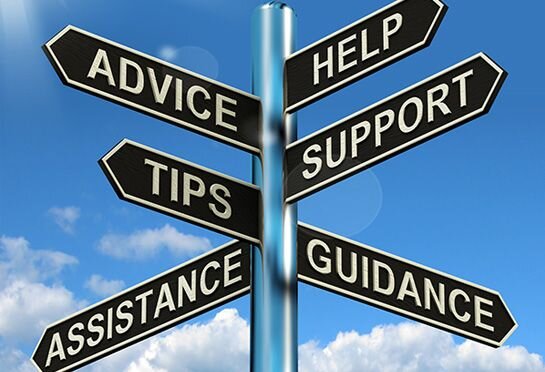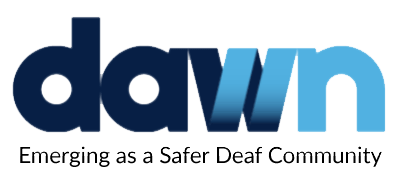
Resources
Your Safety
If you are in a violent relationship, one of the most important steps you can take is to make a safety plan for the home and/or workplace (or school). These plans contain simple but critical steps you can take to increase your safety while you deal with the violence you face in your life.
Types of Abuse
Nobody should have to deal with abuse. For Deaf survivors of abuse, DAWN serves as a support system and as an advocate—and we focus on the three types that most frequently and dramatically impact your community: domestic violence, sexual violence, and stalking.
Street Violence
Stalking is a pattern of behavior that makes you feel afraid, nervous, harassed, or in danger.
Immigration & Violence
Regardless of their immigration or citizenship status, they can access help from law enforcement and the courts.
Violence in the Transgender/Non-binary Community
Both hypersexualizes LGBTQ people and stigmatizes their relationships can lead to intimate partner violence that stems from internalized homophobia and shame.
Violence in LGBQ+ Community
LGBQ+ individuals may experience unique forms of intimate partner violence as well as distinctive barriers to seeking help due to fear of discrimination or bias.
Violence in the DeafDisabled Community
People with disabilities are more vulnerable to violence and other human rights abuses. Dawn values in practice of accommodation by ensuring the place, communication mode, and information are accessible at all times.
Deaf Men Allies Program
The statistics of deaf men and women who will be victims of abuse in their lifetime.
Violence in Communities of Color
For people of color, high rates of poverty, poor education, limited job resources, language barriers, and fear of deportation may increase their difficulty in finding help and support services.
